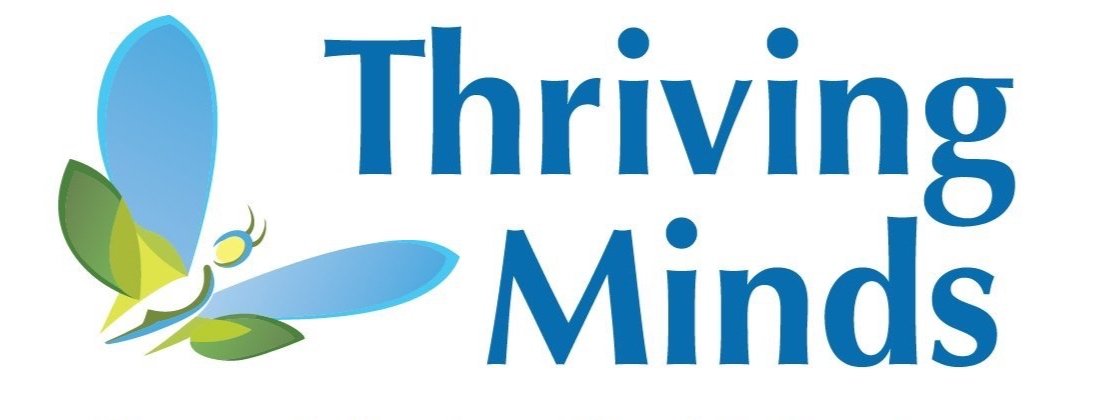Opening the Lines: Effective Communication Strategies for Professionals and Parents
In the complex landscape of child mental health, the bridge between professionals and parents is pivotal. Effective communication not only enhances therapeutic outcomes but also ensures a cohesive approach to supporting a child’s educational and emotional needs. This article delves into techniques that foster open, effective dialogue between educators, therapists, and parents.
Navigating conversations about a child’s mental health can be delicate. Parents may feel defensive or overwhelmed by discussions of their child's challenges. However, with the right approach, professionals can foster a supportive dialogue that encourages cooperative problem-solving and trust. Here are key strategies to enhance communication:
1. Active Listening:
Begin with empathy. Listen to truly understand, not to respond. When parents share their concerns, acknowledge their feelings and perspectives. This validation can build trust and openness, paving the way for more productive conversations.
2. Clear, Jargon-Free Communication:
Use clear and simple language when discussing diagnosis, treatment plans, and observations. Avoid technical jargon that might confuse or alienate parents. Clear communication helps ensure that all parties are on the same page regarding a child’s needs.
3. Regular Updates:
Establish a regular schedule for updates, whether through meetings, emails, or calls. Consistent updates keep parents informed about their child’s progress and ongoing needs, reducing uncertainty and anxiety.
4. Collaborative Goal Setting:
Involve parents in the goal-setting process for their child’s therapy or educational plan. Collaborative goals make parents active partners in the intervention process, which can increase their engagement and commitment to follow-through.
5. Resource Sharing:
Provide parents with resources such as articles, books, and workshops relevant to their child’s needs. Educated parents are more likely to understand the issues at hand and engage constructively in their child’s development.
6. Cultural Sensitivity:
Be aware of cultural backgrounds and family structures that influence parental perspectives and reactions. Adapting communication styles to meet families' cultural expectations can greatly enhance collaboration.
Effective communication is an ongoing process that requires patience, understanding, and consistent effort. By applying these strategies, mental health professionals can build stronger relationships with parents, which is crucial for the holistic support of children facing mental health challenges.

